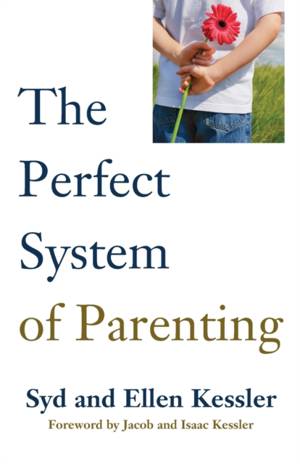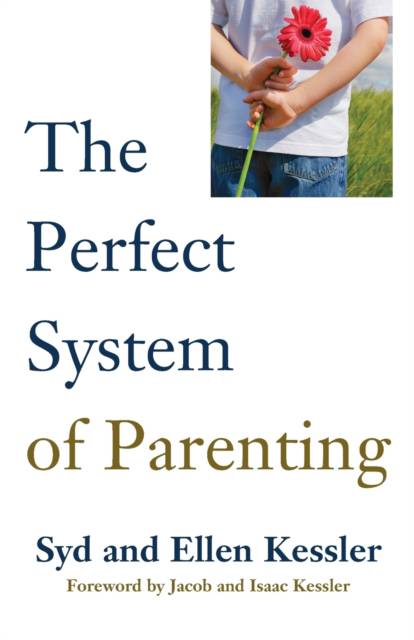
- Retrait gratuit dans votre magasin Club
- 7.000.000 titres dans notre catalogue
- Payer en toute sécurité
- Toujours un magasin près de chez vous
- Retrait gratuit dans votre magasin Club
- 7.000.000 titres dans notre catalogue
- Payer en toute sécurité
- Toujours un magasin près de chez vous
Description
Don't worry -- the Kesslers know that parents aren't perfect. But they do believe that imperfect parents can raise their children on the foundation of a perfect system: the laws of nature, in particular the principle of causality -- that every action causes an equal and opposite reaction. The Kesslers show parents practical ways to teach their kids -- from infancy to young adulthood -- that negative actions cause negative results, and positive actions cause positive results, equipping them for happy and fulfilling lives at home and beyond. They also show parents how to avoid "the love ambush" -- the "you don't love me anymore" line used by children -- by letting their children know their role is not to receive love from them but to keep them safe.
When Ellen was pregnant with our first son, Jacob, we decided to write two wish lists: the first was a list of what we wanted for our new child and the second was a list of what we hoped for ourselves as we raised our new child. If this exercise revealed conflicts between the two columns, we could clear them up before active parenting duty began. We defined successful parenting as the ability to execute the wishes on both lists.
Here's what we put on our first list:
To be a happy child. To learn to take responsibility for his or her actions. To be a kind and sharing person. To always give the maximum effort to whatever he or she chooses to do. To achieve his or her ultimate potential. To understand that a bad action does not make him or her a bad person, just a good person who has done a bad thing. To love and respect nature and Mother Earth. To realize his or her uniqueness and to celebrate that uniqueness and the uniqueness of others as representing each person's special genius. To understand that all men and women have equal rights. To have a lifelong joy of learning. To ensure personal fulfillment by putting others before self.
And here's what we put on our second list ...
Spécifications
Parties prenantes
- Auteur(s) :
- Editeur:
Contenu
- Nombre de pages :
- 132
- Langue:
- Anglais
Caractéristiques
- EAN:
- 9781988360348
- Date de parution :
- 03-10-19
- Format:
- Livre broché
- Format numérique:
- Trade paperback (VS)
- Dimensions :
- 140 mm x 216 mm
- Poids :
- 176 g







